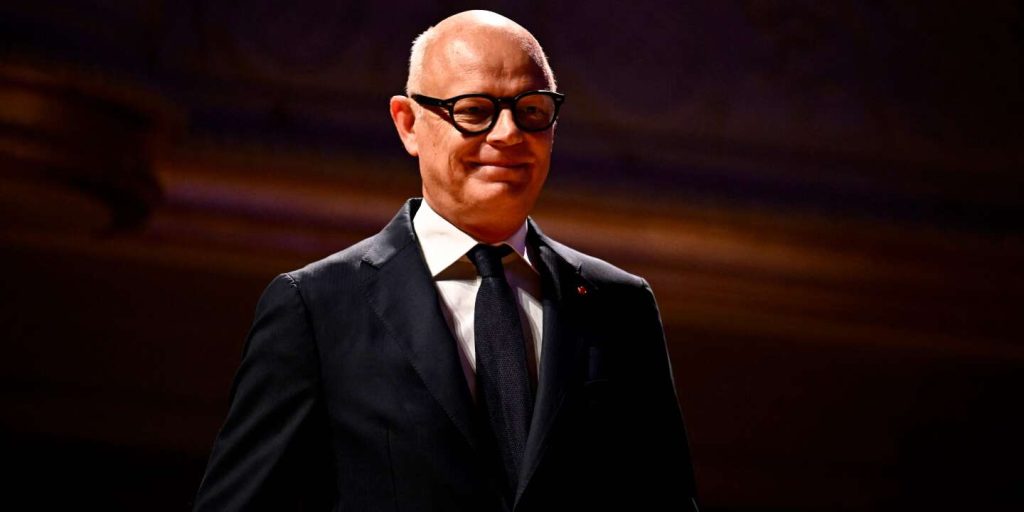The former prime minister stated on Thursday that the president had made his decision to resign “alone”. He emphasized that it was not him who had left, nor was it the rebels who had annoyed the president. The leader of Horizons distanced himself from the president, indicating that he was not involved in the decision to step down.
This statement reflects a sense of political division within the government, with the former prime minister separating himself from the president’s decision. It suggests a lack of unity within the ruling party, with key figures taking different positions on important matters. This may indicate underlying tensions and disagreements within the government that could impact its ability to effectively govern.
The former prime minister’s comments may also indicate broader discontent within the ruling party or with the president’s leadership. By emphasizing that the decision to resign was made solely by the president, he appears to be shifting blame or responsibility away from himself and his allies. This could suggest a lack of confidence in the president’s leadership or decisions among certain members of the government.
Additionally, the former prime minister’s remarks could signal a potential shift in political alliances or strategies within the government. By distancing himself from the president, he may be positioning himself as a potential alternative or challenger to the current leadership. This could indicate a growing rift within the ruling party or a desire for change among certain factions.
Overall, the former prime minister’s statements highlight the complex dynamics and tensions within the government. By emphasizing his lack of involvement in the president’s decision to resign, he may be trying to position himself as a neutral or independent figure within the ruling party. This could have implications for the government’s stability and ability to effectively govern in the future.


